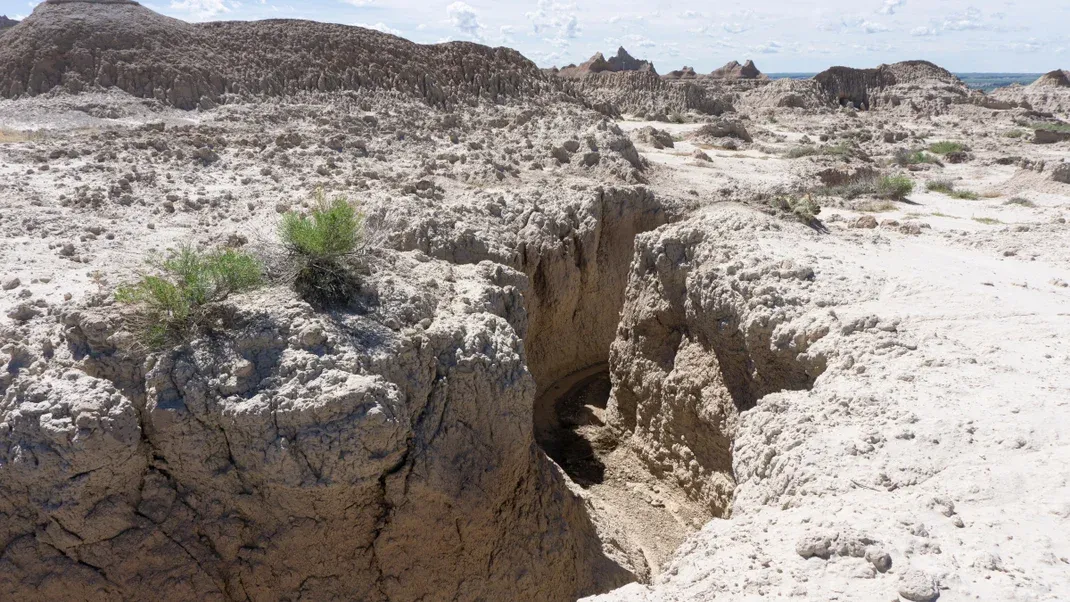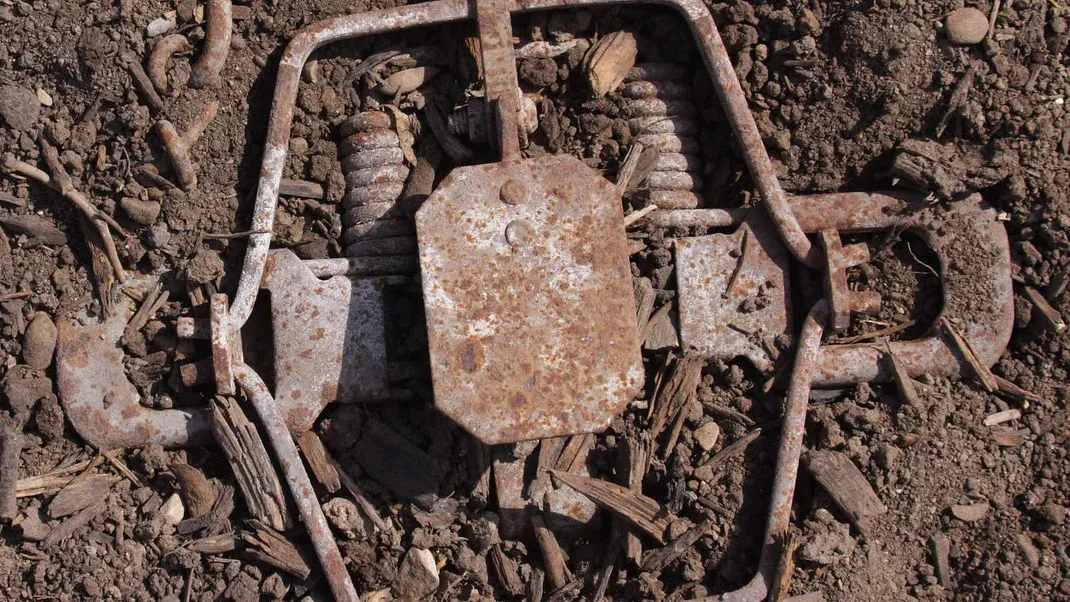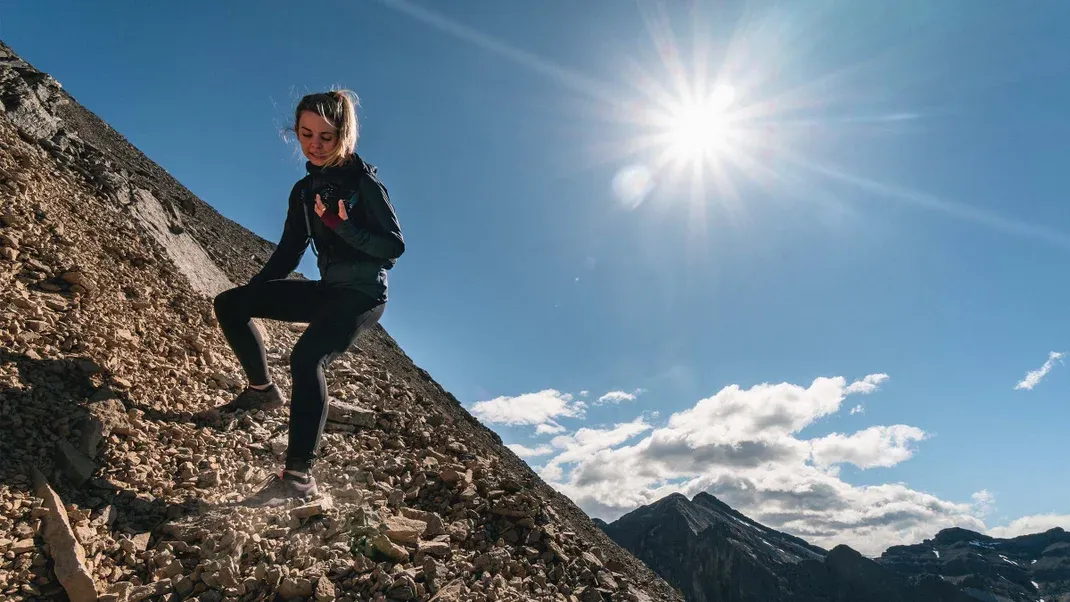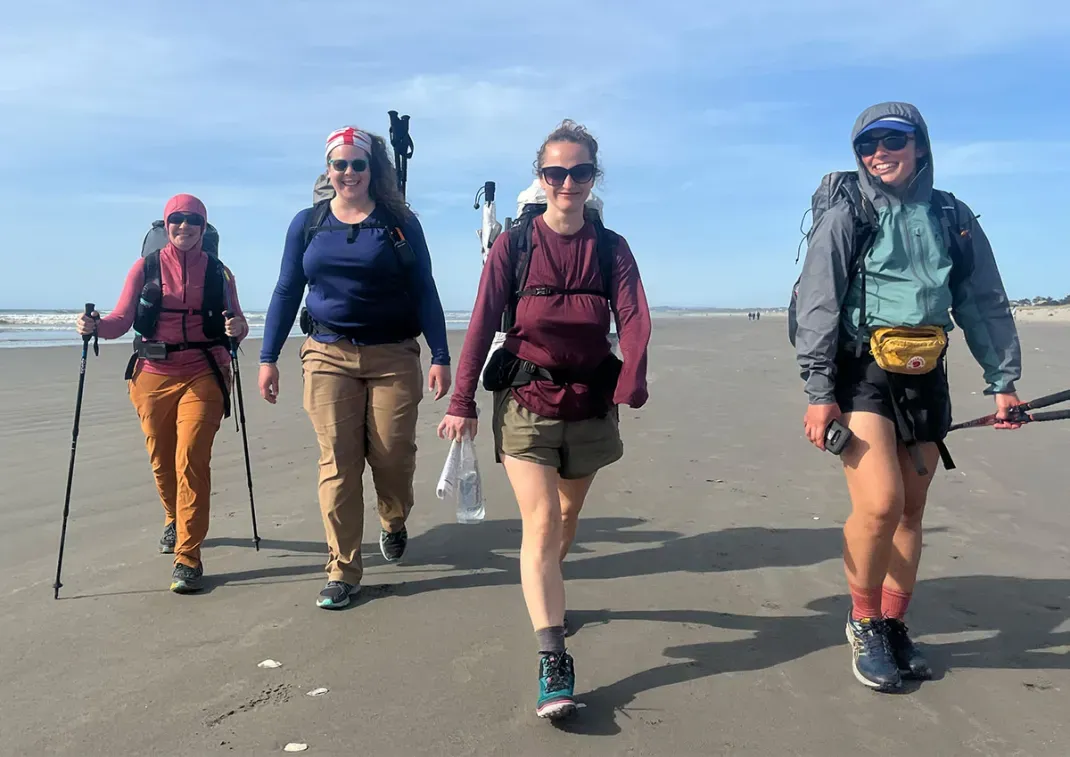Recovering From Covid? Do This Before Hiking at Altitude
Before hiking at altitude, it is important to ensure that you have fully recovered from Covid-19. Recovering from Covid-19 can take time and it is crucial to listen to your body and not rush into strenuous activities like hiking at high altitudes. It is recommended to consult with a healthcare professional to determine if you are fit for such activities. Additionally, it is important to gradually build up your physical strength and endurance before attempting high-altitude hikes. Taking the necessary time to recover and prepare your body for the challenge will help ensure a safe and enjoyable hiking experience at altitude.

Recovering from Covid-19 is a journey that can be challenging and daunting, but with the right approach and proper preparation, it is possible to regain your strength and health. As the world continues to grapple with the effects of the pandemic, many individuals are facing the aftermath of the virus and working towards recovery. While it is important to take the necessary time to rest and heal, it is also important to gradually reintroduce physical activity and prepare the body for new challenges, such as hiking at altitude.
After battling Covid-19, the body may experience a range of symptoms and side effects, including fatigue, shortness of breath, muscle weakness, and overall physical and mental exhaustion. It is crucial to listen to your body and give yourself the time and space to recover fully. This may involve consulting with healthcare professionals, following their guidance, and implementing a personalized recovery plan. As you gradually begin to regain your strength, it is important to focus on building up your endurance and stamina before engaging in strenuous physical activities such as hiking at altitude.
Before embarking on a high-altitude hike, it is essential to prioritize your physical and mental well-being. This involves taking the necessary steps to prepare your body for the challenges of hiking at altitude, which can include acclimatization, proper hydration, and gradual physical conditioning. Acclimatization is particularly important as it allows the body to adjust to the decrease in oxygen levels at higher altitudes. It is recommended to spend a few days at a moderate altitude before ascending to higher elevations, allowing the body to adapt and minimize the risk of altitude sickness.
In addition to acclimatization, proper hydration is vital for preparing the body for hiking at altitude. Dehydration can exacerbate the effects of altitude and compromise physical performance. Therefore, it is important to consume an adequate amount of water and electrolytes before, during, and after the hike. This will help maintain hydration levels and support the body's physiological functions, especially at higher altitudes where the air is drier and the risk of dehydration is heightened.
Furthermore, gradual physical conditioning is crucial for preparing the body for the demands of hiking at altitude. This may involve incorporating regular cardiovascular and strength training exercises into your routine to build endurance, strengthen the muscles, and improve overall fitness. It is important to start with low-impact activities and gradually increase the intensity and duration of your workouts to avoid overexertion and minimize the risk of injury. Additionally, focusing on breathing exercises and techniques can help improve lung capacity and respiratory efficiency, which are particularly important when hiking at higher altitudes.
As you prepare for hiking at altitude, it is important to pay attention to your mental and emotional well-being as well. Recovering from Covid-19 can take a toll on your mental health, and it is important to address any lingering anxiety, stress, or depression that may impact your readiness for physical activity. Practicing mindfulness, meditation, and seeking support from loved ones or mental health professionals can help alleviate the mental strain and build resilience as you prepare for the challenges of hiking at altitude.
In conclusion, recovering from Covid-19 is a gradual process that requires patience, perseverance, and a holistic approach to physical and mental well-being. Before embarking on a high-altitude hike, it is essential to prioritize acclimatization, proper hydration, gradual physical conditioning, and mental readiness. By taking the necessary steps to prepare your body and mind, you can increase your chances of a successful and fulfilling hiking experience at altitude. Remember to listen to your body, take it slow, and seek guidance from healthcare professionals to ensure a safe and enjoyable adventure.






